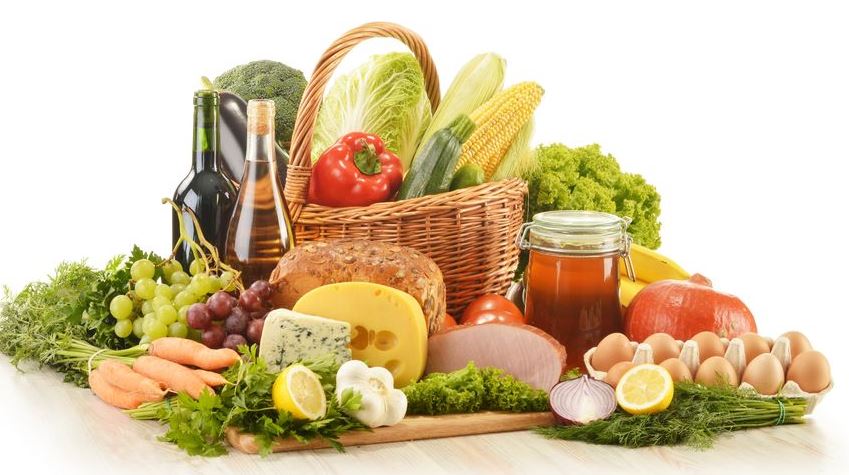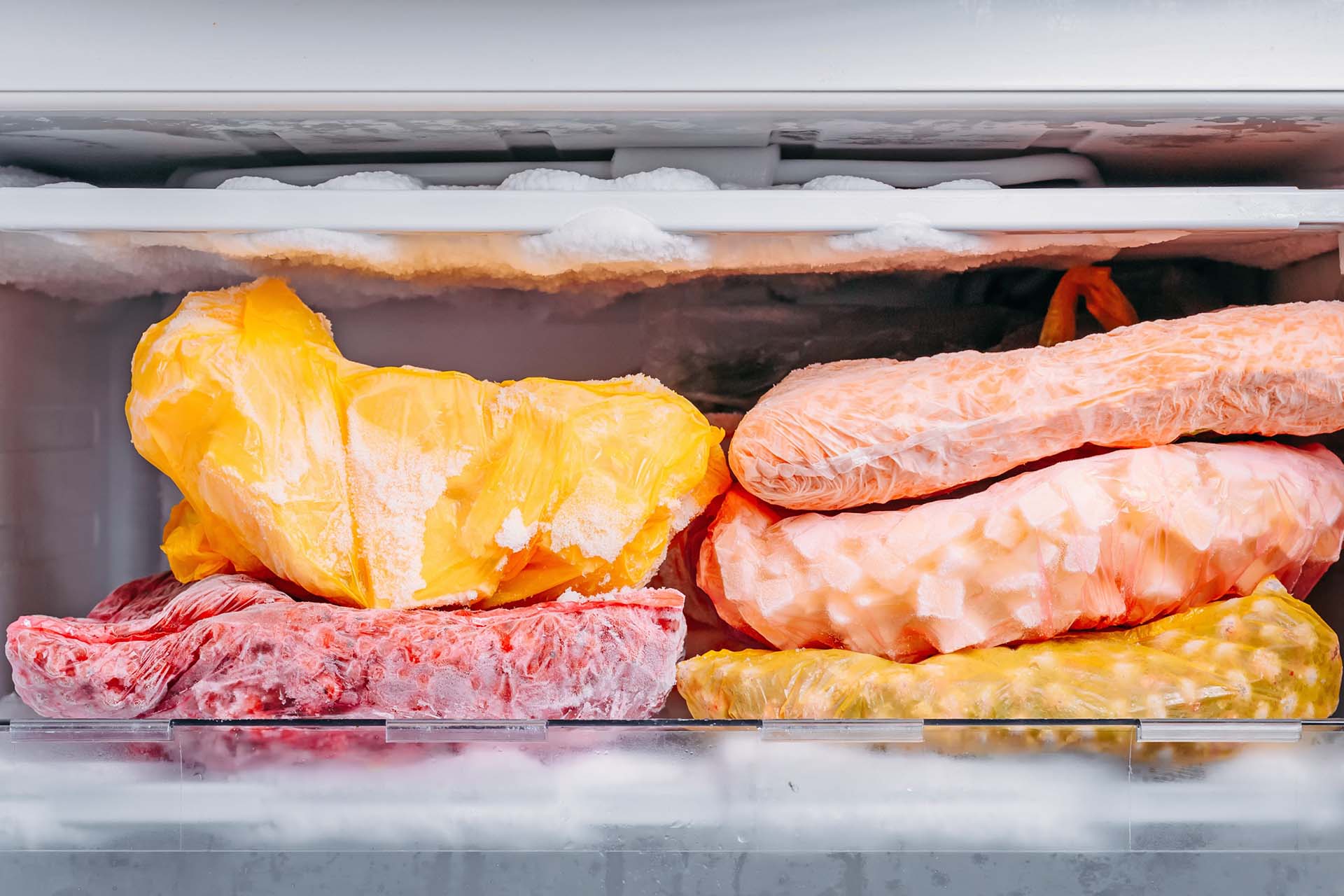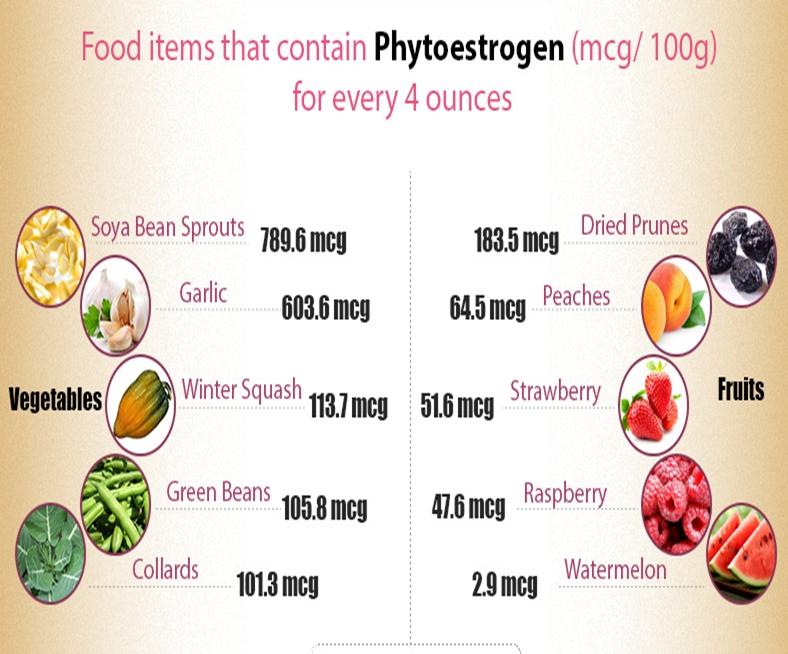Embarking on the journey of self-sufficiency and growing your own food can be an incredibly rewarding experience. It offers a sense of independence, control over the quality of your food, and a deeper connection to nature. Here’s a comprehensive guide on how to grow all your own food:

Assess Your Situation:
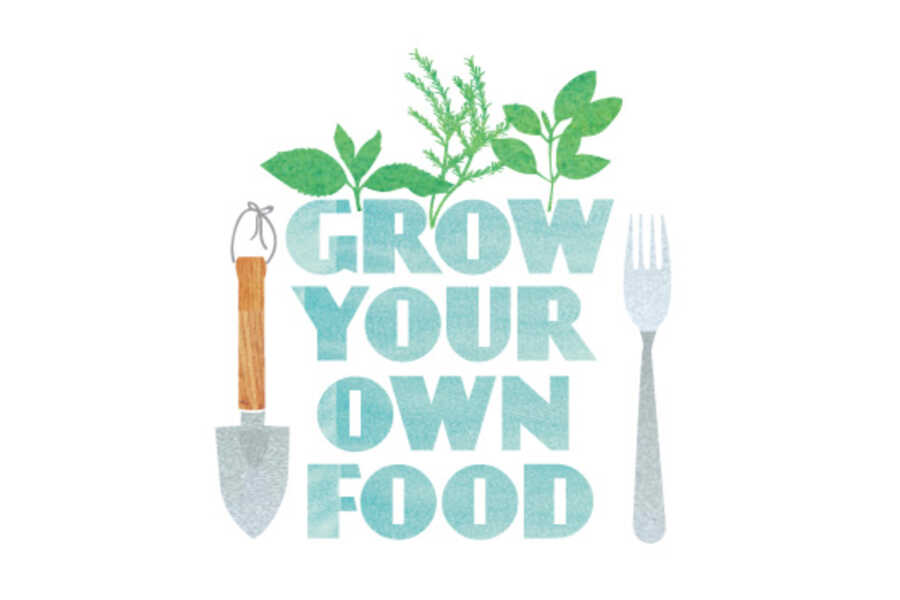
- Evaluate your local climate, soil conditions, and available space.
- Consider your lifestyle and dietary needs to determine what crops to grow.
- Identify a suitable location with good sunlight, proper drainage, and easy access to water.
Start Small and Plan Ahead:
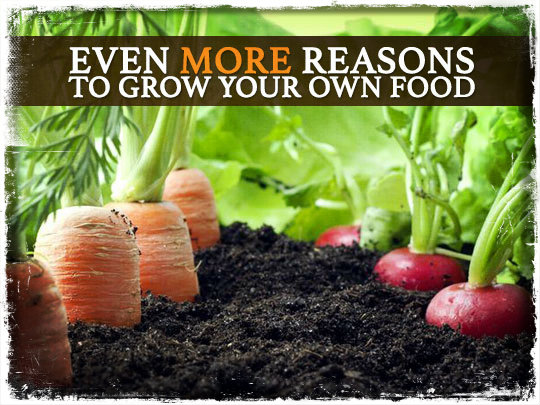
- Begin with a manageable garden size and gradually expand as you gain experience.
- Create a garden design to maximize space and companion planting benefits.
- Use a crop rotation system to prevent soil depletion and pest problems.
Prepare Your Soil:
- Test your soil’s pH and nutrient levels to determine any amendments needed.
- Enhance soil fertility by adding organic matter like compost or manure.
- Improve soil texture and drainage with appropriate amendments such as sand or clay.
Choose the Right Crops:
- Select plants that thrive in your local climate and soil conditions.
- Focus on easy-to-grow, beginner-friendly vegetables, fruits, and herbs.
- Consider incorporating legumes, nitrogen-fixing plants, and edible flowers to benefit your garden ecosystem.
Acquire Seeds or Plants:
- Purchase seeds from reputable suppliers or save seeds from your favorite produce.
- Start seedlings indoors or purchase healthy plants from local nurseries or farmers’ markets.
Plant and Maintain Your Garden:
- Follow recommended planting depths and spacings to ensure proper growth.
- Water regularly, considering local weather conditions and soil moisture.
- Mulch around plants to retain soil moisture and suppress weeds.
- Prune, stake, and trellis plants as needed to support healthy growth.
Protect Your Garden:
- Install fences or netting to keep pests and animals away.
- Use organic pest control methods like companion planting, homemade sprays, or natural predators.
- Regularly inspect plants for signs of pests or diseases and take prompt action.
Harvest and Store Your Crops:
- Harvest fruits, vegetables, and herbs at their peak ripeness for optimal flavor and nutrition.
- Store produce properly to extend its shelf life. Learn preservation techniques like canning, freezing, or drying.
Compost and Recycle:
- Create a compost bin or pile to recycle food scraps, yard waste, and paper products.
- Use compost to enrich your soil and reduce waste.
Expand and Experiment:
- As you gain experience, expand your garden and try new crops and techniques.
- Keep learning about sustainable gardening practices, soil health, and pest management.
- Adapt your garden based on seasonal changes and your evolving needs.
Remember, growing your own food is a continuous learning process. Embrace the challenges and setbacks as opportunities to improve your gardening skills. The satisfaction of eating fresh, homegrown produce and contributing to a sustainable food system is an unmatched experience.








